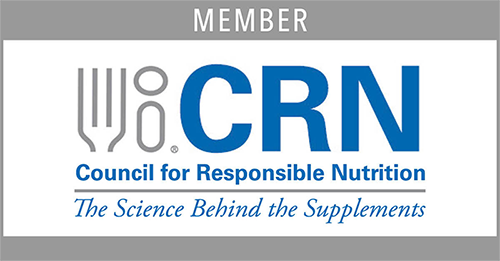
Have you ever opened a new bottle of supplements and got hit with a whiff of something not so great? It could be earthy, musky, or sulfur-like, and it might make you wonder if your vitamins have gone bad. Surprisingly, this unpleasant smell is actually a good sign! It means that your supplements are likely free from various additives like flow agents, fillers, artificial flavors, and colors.
When supplements contain these additives, they tend to mask the natural smell and taste of their ingredients. These coatings and artificial substances conceal the true scent and flavor, making the product more palatable – but there are downsides to this. These additives can affect the absorption rate and potency of the supplements and may even cause allergies in some individuals. Over time, they can contribute to gut inflammation and other health issues.
So, if these additives can be harmful, why do so many manufacturers include them in their products? For one, coatings may be used on vitamins to give them a desirable color and flavor or make them easier to swallow. Additionally, fillers can hide unpleasant odors and tastes or maintain consistency between batches. Flow agents are added to streamline the manufacturing process and reduce costs. However, all these additives compromise the purity of the supplements.
Ultimately, the choice comes down to whether you prefer supplements that look and smell appealing but may contain potentially harmful chemicals, or if you prioritize pure, natural supplements that might not look perfect or smell great but offer better health benefits. Hopefully, you opt for purity over aesthetics!
In addition to that earthy smell of all-natural supplements, let’s take a look at some other things you might notice:
Color Variations
Natural supplements can have color variations from batch to batch due to differences in raw materials. This is completely normal! These color differences do not impact the potency of the product.
On the other hand, when supplements strive for consistent coloring, they often include anti-caking agents or chemical dyes, which can compromise the product’s potency and bioavailability.
Chemical Reactions
Just like in nature, when some minerals and raw materials in supplements are exposed to air and humidity, changes in appearance can occur. This reaction is common in natural supplements and does not affect the potency of the product. This can be prevented if you keep your supplements stored properly, which we’ll discuss next.
Storing Your Supplements
Supplements without fillers, excipients, and flow agents should be stored in a cool, dry place away from direct sunlight. Some may benefit from refrigeration for optimal freshness. It’s important to keep in mind that since excipient-free supplements don’t contain preservatives, they can degrade faster if they aren’t stored in the proper conditions. So, make sure to read the label for any specific storage instructions.
Sourcing
Investigate the sourcing of the raw materials in your supplements. Prioritize products that are non-GMO and have undergone third-party testing for the highest standards of quality and safety. If the company is unable to tell you where the raw materials are sourced from, it’s probably a good idea to choose another product.
Quality Assurance
Third-party testing is your best bet when it comes to purchasing safe supplements. You want to look for supplements that undergo third-party testing to ensure they are free from contaminants and comply with regulatory standards. Reputable brands will also provide clear contact information on their product labels so you can reach out with any questions or concerns.
Key Takeaways
When your supplements emit an earthy or musky odor, it’s actually a positive sign, indicating they are free from additives like flow agents and fillers. Although these additives may enhance appearance and taste, they compromise purity, potentially affecting absorption rates and causing allergies or health issues.



